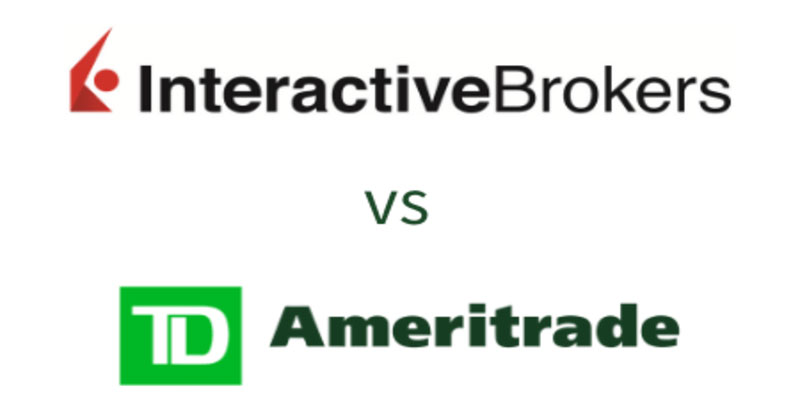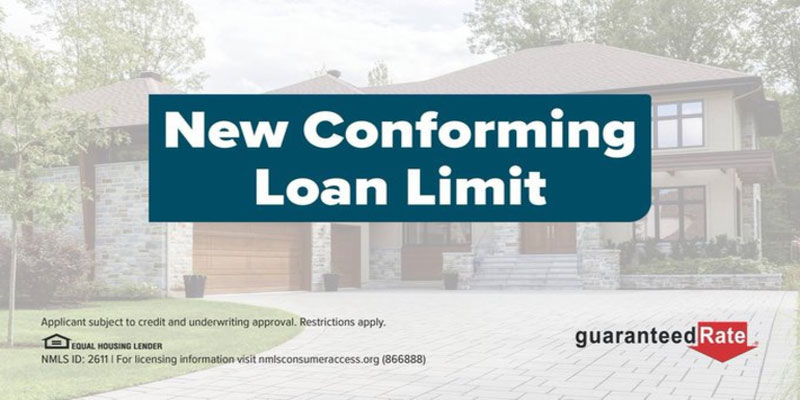What Is the Maximum Conforming Loan Amount?
May 26, 2025 By Kelly Walker
The conforming loan limit is the highest loan amount a lender can provide while still selling the loan to government-sponsored corporations like Fannie Mae or Freddie Mac. It plays a crucial role in the American mortgage business. Companies like this buy up such debt, allowing banks and other financial institutions to put that money towards new lending initiatives. The Federal Housing Finance Agency (FHFA) establishes the conforming loan limit, which varies from county to county based on the median home price in that area.
The conforming loan limit was established to set uniform mortgage lending standards and maintain a steady housing market. The FHFA limits the size of conforming loans to protect lenders from taking on too much risk and creating a situation where they can't sell their loans. Depending on the conforming loan limit, borrowers, especially those in high-cost areas, may find mortgages unaffordable or unavailable.
Because Fannie Mae and Freddie Mac are government-backed, this cap also safeguards taxpayers' interests. The FHFA establishes limits on the size of conforming loans to protect taxpayers from having to bail out these firms in the event of their failure. Everyone shopping for a mortgage should familiarise themselves with the conforming loan limit, as this number establishes the upper limit on the amount of financing a given lender is legally allowed to provide.
Comprehending The Guidelines For Conforming Loans
Mortgages that are considered "conforming" by government-sponsored enterprises (GSEs) like Fannie Mae and Freddie Mac. Mortgage-buying companies allow banks to reinvest their cash into making new loans by purchasing existing mortgages. Lenders can sell these mortgages to the GSEs because they conform to specific standards, including the loan size. Fannie Mae or Freddie Mac cannot purchase amounts beyond the conforming loan limit. All conforming mortgages, whether for a primary or secondary house or an investment property, are subject to this cap.
The FHFA establishes conforming loan limitations for each county in the United States. These caps are determined by the annual change in the median sales price of a home across all counties, which is based on the national data. The FHFA announces these restrictions each year, and lenders are expected to follow them if they wish to sell their loans to Fannie Mae or Freddie Mac.
Why It's Important To Know Your Loan Limitations

There are various reasons why conforming to loan limitations is essential. Secondly, by providing lenders with clear criteria, they aid in keeping the mortgage market steady. The FHFA helps ensure lenders take on only a little risk and cannot sell their loans by imposing size restrictions on conforming loans.
A second reason why conforming loan limitations are significant is that they determine how much of a mortgage a household can afford. Mortgage availability might be constrained for borrowers in high-price markets if the conforming loan limit were lowered. Conversely, if the conforming loan ceiling were too high, it could incentivize lenders to take on too much risk, leading to a potential housing bubble. Last but not least, taxpayer safety is aided by conforming lending limitations. So taxpayers would be responsible for losses sustained by government-sponsored enterprises Fannie Mae and Freddie Mac in the event of their failure. The FHFA helps lower the risk of failure among these institutions by limiting the number of conforming loans. This helps ensure that taxpayers are not forced to bail out these institutions.
The Current Limitations For Conforming Loans

As of 2021, the conforming loan ceiling for a single-family house in most counties in the United States is $548,250. The previous cap was $510,400 in 2020. Thus this is an increase. But, in some high-cost areas, the restriction is higher. For instance, the lid might go as high as $822,375 in some California counties. The maximum value of a conforming loan is increased for multi-unit properties. Two-unit properties have a ceiling of $702,000 in 2021, while three-unit properties have a limit of $848,500. For properties with four or more apartments, the restriction is even greater.
The FHFA has established loan restrictions for loans sold to Fannie Mae and Freddie Mac, but these do not apply to jumbo loans. Jumbo loans are too large to be purchased by Fannie Mae or Freddie Mac, hence the name. Due to the additional risk of approving a jumbo loan, interest rates and eligibility standards tend to be more stringent.
Conclusion
The conforming loan limit is a significant factor in the American mortgage industry. It determines the maximum amount of money lenders can loan while still selling it to government-sponsored businesses. The Federal Housing Finance Agency (FHFA) establishes these caps based on national median home price movements to maintain market stability and shield taxpayers from potential losses. These caps vary by county and property type and directly impact borrowers' access to and capacity to pay for mortgages. Lenders and consumers who want to succeed in today's mortgage market must have a firm grasp of the conforming loan limit.

Should You Refinance Your Mortgage When Interest Rates Rise?

Impact of Basel III rules on bank investment

Bank Promotions for Opening Accounts

Where In The United States Is Best To Purchase A Winter Home?

10 Best Small Personal Loan Options for 2020

What is a Credit Limit

What Is The Difference Between Interactive Brokers And Td Ameritrade?

Easiest Credit Card to Get Approved for

What Is the Maximum Conforming Loan Amount?

Difference Between Series EE and Series I U.S. Savings Bonds

Warren Buffett's Investment Strategy and Approaches
